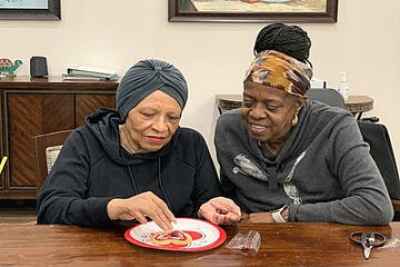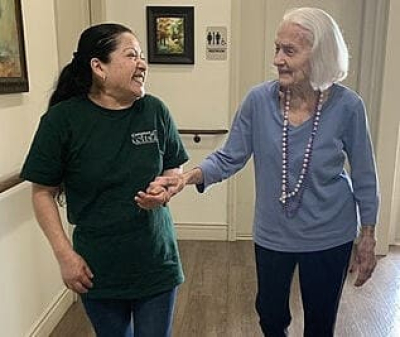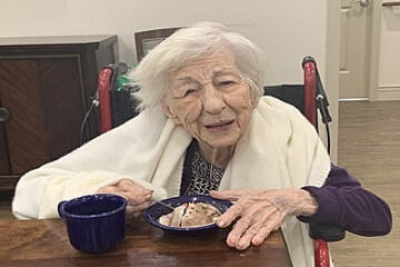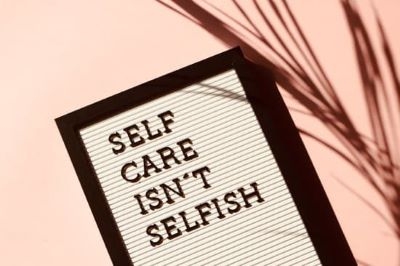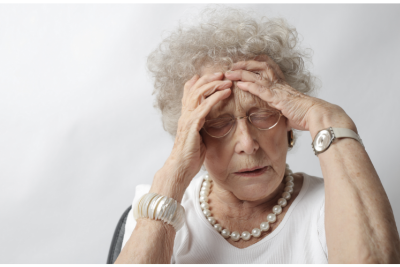Dragging out the decision to find the right Care for your loved one with Memory Care needs can be detrimental to their Quality of Life.
Let's Face it.. we're all busy with our daily lives, work, home upkeep, family... so when our life suddenly changes and Mom or Dad can no longer care for themselves, we may be tempted to ignore the issue and hope it will pass... Memory Issues, Forgetting..are all signs of Dementia.
Making a timely decision to move your loved one into a Memory Care Community can dramatically impact their sense of wellbeing. The specially trained staff is at their beck and call 24 hours a day, serving up fresh cooked meals, snacks, games and entertainment and most of all, Companionship.
What Can go wrong when we Procrastinate?
Loneliness is the most damaging for senior adults living alone at home or with a spouse who needs constant care.
Cooking becomes a chore and mealtimes are missed so their nutrition needs are not met, resulting in poor health.
Inactivity leads to muscle mass loss
Anxiety of becoming lost keeps them indoors and the only interaction may be sitting in front of the TV.. not a good activity!
Falls are more prevalent when muscle mass is lost due to inactivity and balance becomes an issue.
Choosing 24 Hour Care in a timely manner can avoid many of these inevitable outcomes.
Making a timely Decision is essential when it comes to Dad or Moms care.
We may be tempted to ignore the changes hoping that it will pass, let's face it, something is different when you visit the yard /lawn is not looking like they used to upkeep it. Flower Beds are untidy. The living room is starting to look cluttered. The bed has not been made. Dishes are in the sink and the refrigerator hasn't been cleaned out for weeks.
All these clues are easy for us to explain away and make excuses for Mom and Dad. Let's be honest! this is not normal and they wouldn't ever leave dishes in the sink. You know your Mom and Dad.
Dad or Mom are caring less about there personal appearance and have lost a significant amount of weight.
These are signs that cannot go un addressed, this is the time to act. To get them into a home-like community setting where there basic needs are being cared for. Where they can enjoy three square meals and a tidy environment.
Companionship is important for mental wellbeing. Especially if Mom or Dad live at home alone. The mental stimulation necessary for maintain a balanced life is missing. They deserve better and we can do the right thing if we act in a timely manner.
Excuses about what our parents like or the fact that they've lived in the same home for years or that they can't live separately are easy for us to make. The fact is that Mom has aged and Dad does not have the strength to care for her day and night and take care of his own needs.
Falls are often prevalent in a home environment where parents live alone. Getting a spouse up off the floor is not an easy thing to do. We can't imagine the anxiety our senior parents feel in discussing these issues with their children.
We can do the right thing, setting our own desires aside in favor of a better decision and a Timely decision to place our loved ones in a professional care environment.
At Evergreen Cottages we provide assistance with all Activities of Daily Living known as ADL's. Upon admission to one of our Cottages, the Executive Director will go over your loved ones need to create a Care Plan to enrich their wellbeing.

